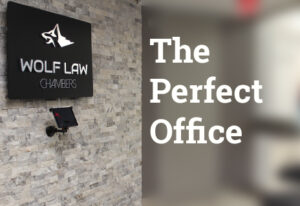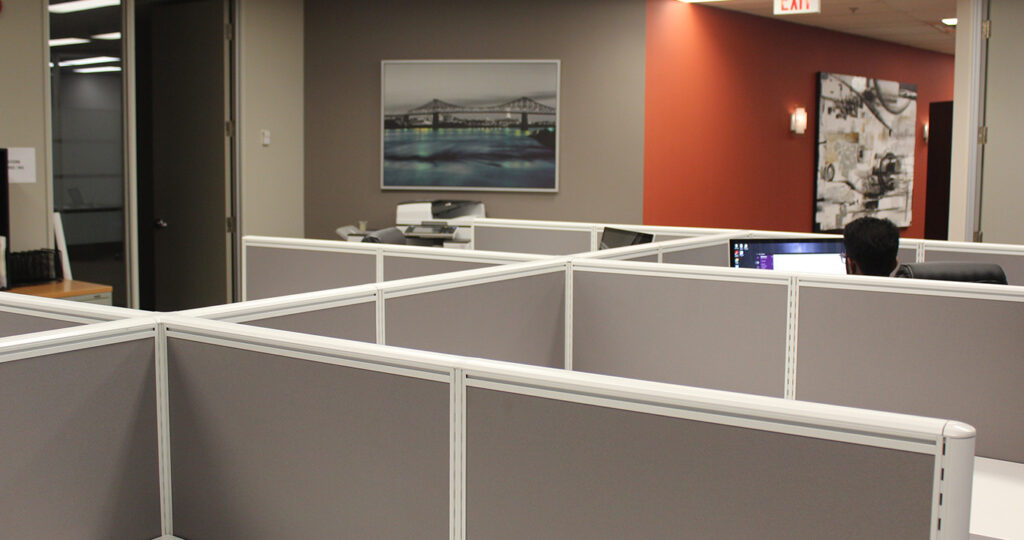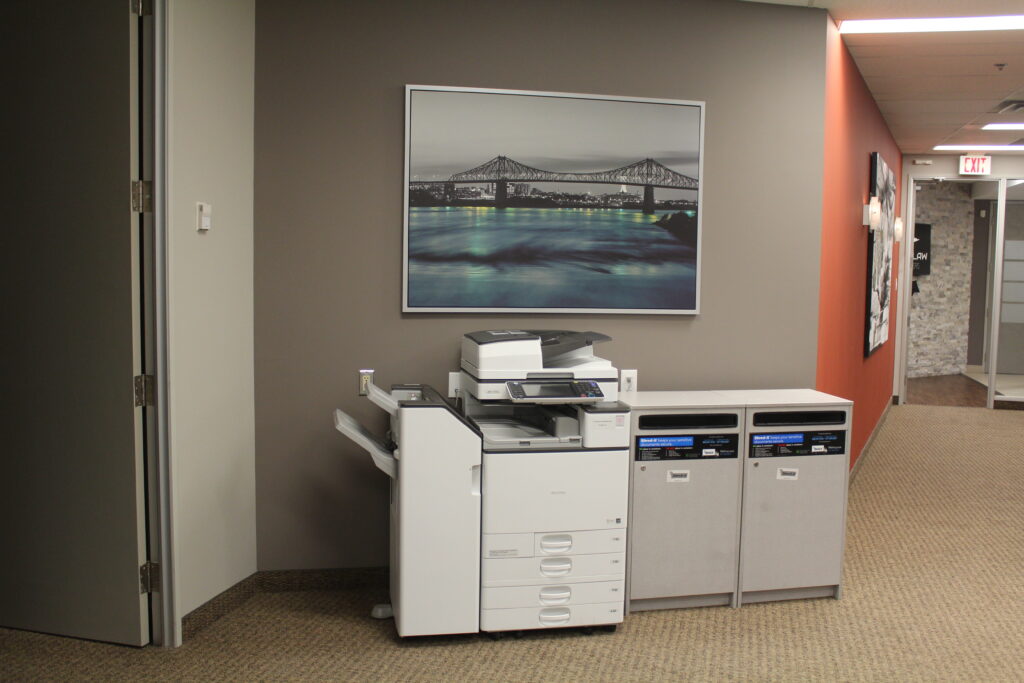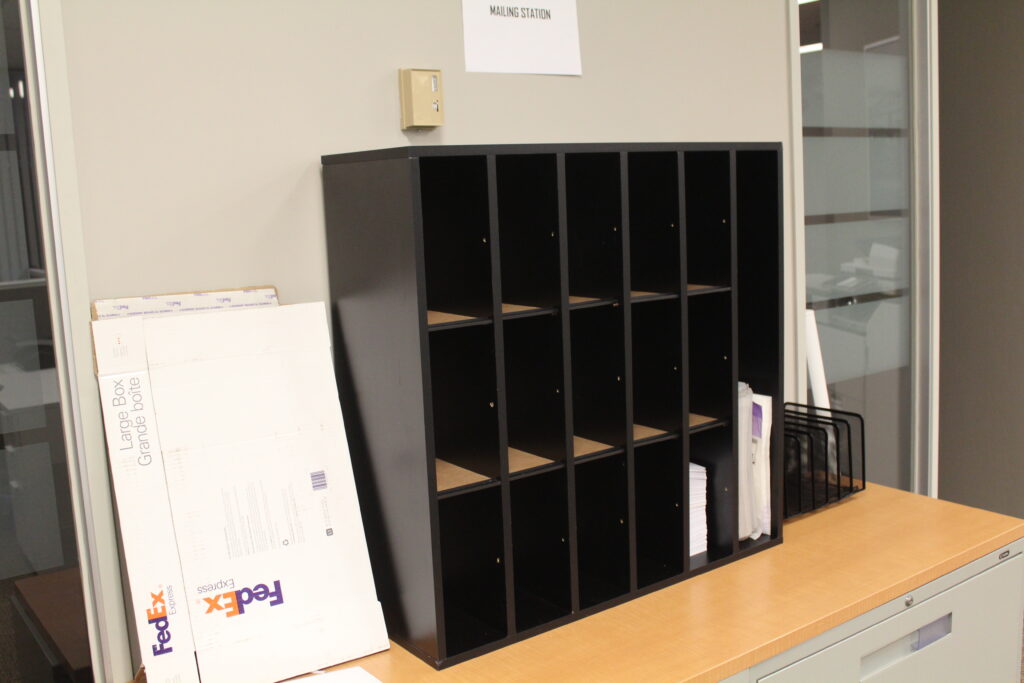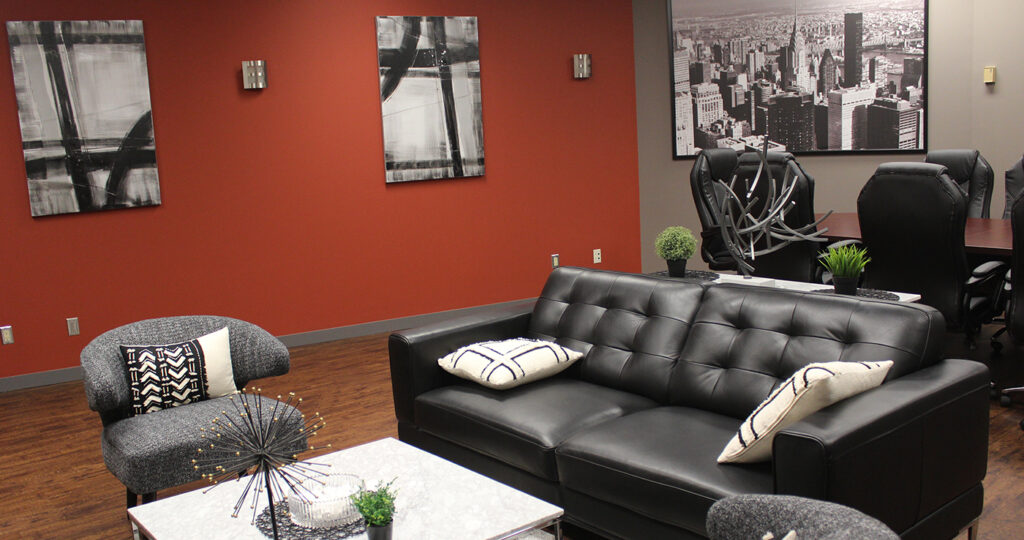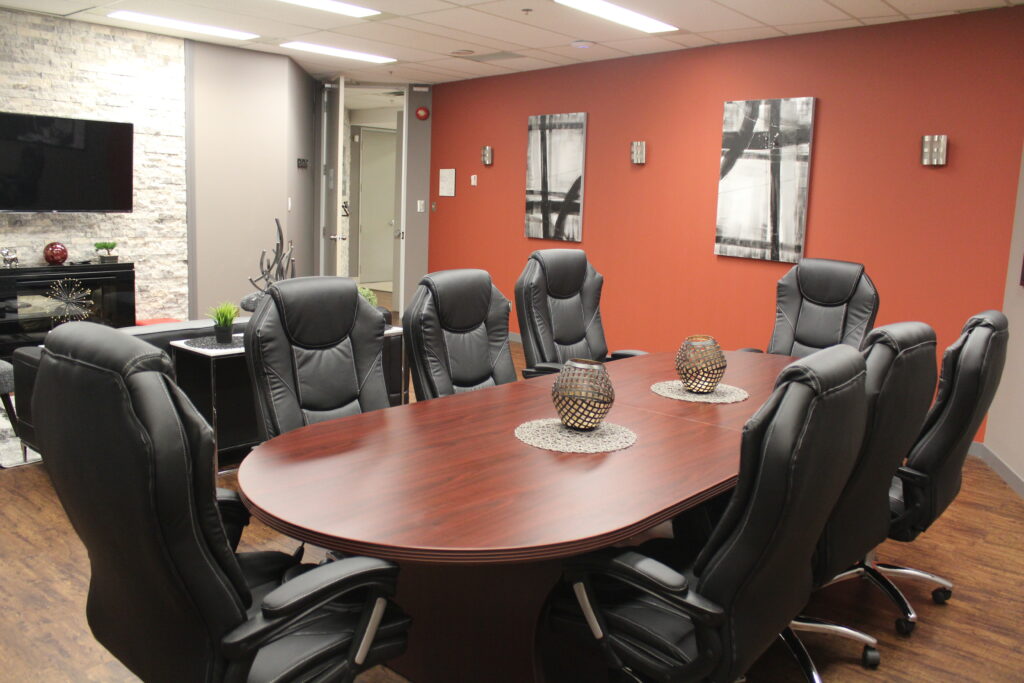LAWYERS
THE BENEFITS OF BEING A SOLE PRACTITIONER
In 2013, 77% of Ontario’s law firms were comprised of sole practitioners and the number of new lawyers choosing that route is still consistently increasing. This figure is no coincidence as becoming a sole practitioner definitely encompasses countless benefits to one’s career. Choosing your line of work and narrowing that further into a specialization is truly fulfilling for any professional. Lawyers who practice as sole practitioners are able to effectively explore various practices without seeking permission or approval from others. This flexibility also corroborates opportunities for expansion and innovation. It paves the way for lawyers to constantly keep an eye out for procedures that need improvement and implement new ideas that look to accomplish exactly that. This can make a sole practitioner’s work interesting and engaging, shifting focus away from the pressures that inevitably exist in the profession. In doing so, the results produced by sole practitioners preserve the highest standards for their clientele and practice. It is these results that ensure one’s business is continually growing. Now, let’s explore the top and most important benefits of being a sole practitioner.
Flexible Work Schedules
The 17th Volume of the Robert Half: Demand for Skilled Talent report outlined incentives that workers want the most. On the top of that list was flexibility for work hours, with 88% of employees surveyed citing it as the perk that they most desire. This figure is also indicative of a lack thereof in the respective fields of the participants in the study. For sole practitioners flexibility is apparent as professionals work around their own schedules and allocate work hours based on priorities. The ability to prioritize one’s workload is also extremely beneficial as sole practitioners are able to dedicate time to other fundamental areas of their practice. Such practices include but are definitely not limited to marketing, workshops/conferences to further advance one’s knowledge and skill set, networking events, and/or educational certifications. Doing so requires time and effort, which can be difficult to allocate unless you are dictating your own schedule.
![14 [Converted]-01](https://www.wolflawchambers.ca/wp-content/uploads/2019/07/14-Converted-01-300x300.jpg)
Return on Investment
Sole practitioners work for themselves and reap all the benefits of their efforts. The harder they work, the more rewarding it is. Their salary is not administered under someone’s payroll, so the net gain of a sole practitioner depends on their ability to attract clientele and manage their legal needs effectively. Sole practitioners do not have to manage an immense workload and worry about their residuals staying the same. The more time and effort they invest into their practice, the greater the yield of results.

Opportunities to Experiment
Whether it is implementing new technology, diversifying your line of work, or integrating new ideas for enhancing productivity, sole practitioners can choose to experiment without seeking permission from a higher authority. In the legal field, technology is changing the way traditional law firms have worked. For example, Dezso Farkas, of Farkas Legal Professional Corporation based out of Mississauga has been cited implementing innovative technology to emphasize the importance of efficiency as a sole practitioner. Using technological applications such as Skedda, Slack, and Envoy enable his firms daily practices to run very smoothly. These communication applications allow clients, the lawyer, and staff to engage in ways that are very advanced. Individuals can complete tasks for each other and receive communicate throughout the day without being in the same vicinity. Deanna Hayko, a partner at iN STUDIO in Toronto believes that office spaces more open to the idea of a neighborhood environment are able to allow for increased mentorship and inclusiveness.
A prime example of this environment is a chambers located in the heart of Mississauga. Known as Wolf Law Chambers, this office has become a community of lawyers working independently as sole practitioners. This is a new approach to the traditional firm and allows for inclusivity between lawyers on different matters that may intersect different areas of practice. Lawyers at this chambers are also able to interact and become part of a community of professionals. This stimulates growth and provides sole practitioners with an opportunity to share resources to resolve legal matters.

Service
Clients are more informed than ever with the help of the Internet, so it is important for lawyers to dive into niche markets to better serve their clients. By becoming a sole practitioner, lawyers can figure out their passions and dedicate their services accordingly. This flexibility allows lawyers to serve their clients better and in turn, ensure client satisfaction. By being able to devote more time an effort to individual clients, the client always remains the priority for a sole practitioner. Sole practitioners are able to concentrate on each individual matter effectively without the concern of being bombarded with work they do not want to complete, paving the way for excellent client and lawyer relations.
Closing Thoughts
In summary, being a sole practitioner presents a vast amount of benefits for lawyers looking to operate with flexibility, gain high returns on their investments, have complete control of their work, experiment with new ideas to improve their practice, and serve their client base with the utmost sincerity. Sole practitioners are in complete control of everything that follows along with their practice and they are in charge of what they want to do in each and every matter they pursue. They are able to choose their line of work by investigating and streamlining their passions in law. Also, sole practitioners can constantly brainstorm new strategies that will improve their practice and ensure clients remain extremely satisfied with the exceptional service they are able to receive. With that being said, if you are a lawyer or plan on becoming one, I urge you to give becoming a sole practitioner a great deal of thought.
-Narvir Goindi

What makes the perfect office?
The Sole Practitioner’s Perfect Office
Today, we will be shifting our focus from law to psychology. It is no secret that where we work can shape how we work. So it is within the best interest of all sole practitioners to consider where they work. After all, if the environment around us can influence the way we work, would it not be in the best interest to put ourselves within an environment which can influence us or our work in the best possible way? This is precisely why today’s question is on what makes the perfect office for sole practitioners.
Perfection implies the fulfillment of one’s purpose and the maximization of one’s potential. The office, on the other hand, is the place that is meant for people to conduct their business and has the potential for bolstering the conduct of business. When these two definitions are amalgamated, we may better understand the meaning of the perfect office: a workspace designated for conducting business which contributes, as much as an office possibly can, to the maximization of how well business can be conducted.
So how can the quality of business processes be improved by an office? This can be answered by asking ourselves three simple sub-questions:
- Will I enjoy going to this office?
- Will my office boost my productivity?
- Will my office enhance the customer experience?
Enjoyment
Going to work can be quite difficult and exhausting when there is no enjoyment there. The challenges are exasperated further when the person going to work is solely responsible for the current and future position of their business. This is why it can be important that people enjoy what they do. Enjoyment keeps us awake. It makes us want to go to work. One of the factors that contribute to the greater enjoyment is the perfect office.
The perfect office is an office which brings us as much enjoyment as an office possibly can. This can vary depending on the person, but general psychological findings indicate that most people enjoy going to an office with a natural look. Here is an example of an office with a natural look:
These are pictures taken from the office of Wolf Law Chambers. What makes it nice to look at? One of the best explanations for this is called “soft fascination”, which is said to elevate our moods (as well as replenish our capacity for memory and creativity).
This is not to say that every sole practitioner should strive to replicate this exact office. It is to simply show how people generally gravitate towards offices with some natural lighting, plants, and a green scenery. But even if a natural look is not possible, then there is research which suggests that even reminders of nature can play a role in putting us at ease while also making it easier to connect with others. Examples include aquariums, fireplaces, plants, wooden furniture, etc. Feel free to be creative within a natural image.
Productivity
A beautiful office is worth nothing if it hinders or fails to improve productivity. An office must contribute to at least some productivity. This is where choice can play a significant role. The sole practitioners has a choice to organize their office the way they like. Research indicates that this can contribute quite effectively towards the worker’s well-being and productivity.
The technology within the office can also contribute to productivity. The test for this could simply be to observe how quickly someone can complete their tasks when they have a fast and well-structured information technology or information systems. It is almost guaranteed that the person with greater information technology and systems will be more productive than the one who has none, given that they use it properly. If used improperly, productivity may be seriously hindered. This is why even a messy desk can result in greater productivity if it is an organized mess. It is not so much about the tidiness of an office but the organizational systems which make for greater productivity.
Customer Experience
As they always say, customers come first. This is especially true for lawyers. One of the factors which can contribute to the experience of a client is their experience at the lawyer’s office. The natural look of an office can certainly help in improving the image of the lawyer. Another factor, that is not already mentioned in the enjoyment section, is the concept of curved furniture. Research indicators that people generally prefer curved furniture over sharp furniture when all is organized well.
Final Remarks
In the end, what matters most in an office is that it is enjoyable and is conducive to higher productivity and a better customer experience. It is important to make sure that going to work can be enjoyable. Otherwise, completing tasks can become more challenging than it has to be, which can affect productivity negatively. An office can also play an important role in the customer’s experience between the moment they walk in and the moment they walk out. Thus, it might help any sole practitioner to create the place where client experience is positive.
-Aaron Rajesh


